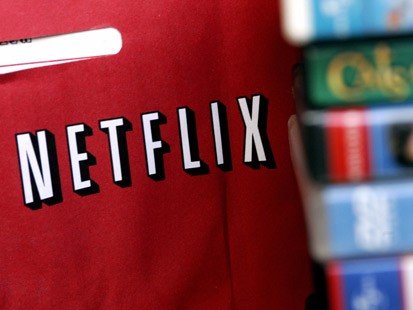The figures have shown that which almost everyone was aware would happen with the exception of the company’s leadership. Netflix’s decision to unbundle its postal DVD delivery and DVD streaming services while charging separately for each (which would cost consumers 60% more than they were already paying) was a bad one. Losing 800,000 clients in the space of two months is by no means a small loss of loyal clients for a company which relies on repeat trade in order to survive. There are, however, occasions where success is not defined by the unfortunate events or the impact of such events, but the reaction to the situation by those in charge. Whilst the decision was clearly not a popular one and shows a lack of vision from those at the top, especially during an economic slowdown, Netflix did what the management at Research in Motion failed to do: they responded to the demands of their client and reversed the decision. Whilst the company still took a substantial hit from this poor strategy, they did manage to claw back some of their customers if not investors. The company is clearly not Google when it comes to marketing or building its business but it has got a great niche which it may have learned not to tamper with. Netflix is currently rebuilding its eroded customer base whist investors still avoid the stock even though revenues are heading north once more and things look set to improve.
However, it recovery from near disaster does not mean it will necessarily be a continuously smooth ride for this stock. The first concern is that Netflix’s competition is increasing by the day. Film studios such as Paramount, Universal, 20th Century Fox and Warner Bros have formed a consortium with Wal-Mart and Hollywood to offer digital distribution of film content on DVDs stored and purchased at Wal-Mart stores. Competition abroad is also increasing, with Prime Videos, YouTube, iTunes, SkyGo and HBO Go all providing to be intense competition with improved internet services.
Undoubtedly, Netflix’s error has made the competition a lot wiser to how it can operate in the streaming digital market and Netflix will need to be increasingly innovative and use its experience in order to stay ahead of the pack. Currently in Netflix’s favour it seems to have the most sustainable model of all the streaming digital content providers given its consumer base. Netflix has also shown that it can respond quickly to changes in market perception of its products or its mode of operation.
At the moment, the only parameter that has been weighing on share price is the negative market perception that followed the unbundling of Netflix’s services. There is nothing fundamentally wrong with Netflix. It is not suffering from a poor product, or lack of innovation and the evidence of this is the multiple companies clamoring to get involved in the industry. Customers rightly did not see why they had to pay more for two different services that they used to enjoy together at a reduced cost, and this appears to have had a lasting affect on investor confidence. That perception is still in play in the market, but as the customer base is being built up once more and revenues are climbing, it is expected that the market sentiment will logically reverse given time and provided Netflix both manages not to make any further disastrous decisions and that it is able to hang on to its dominant market share.

Comments (No)